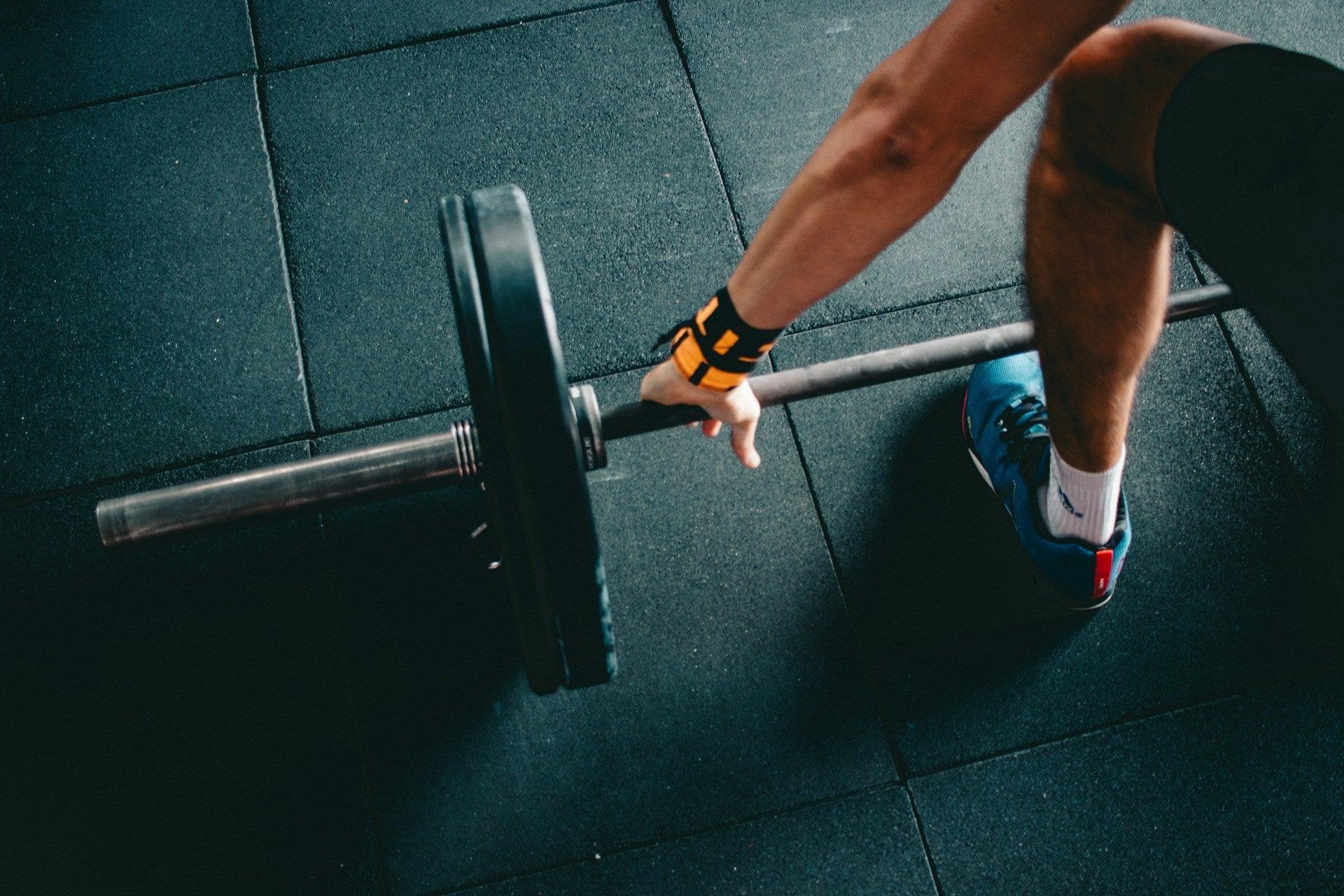How Many Days Of Rest Do You Need Each Week?

Has your progress in the gym stalled? You might be doing too much work
Once you get into the swing of things, you’ll start craving exercise. From enjoying the post-workout endorphin high to enjoying your hard-earned results in the mirror, fitness becomes a natural part of your daily routine. You’re so addicted that taking a rest day can feel counterintuitive. Yet, it’s just as necessary as your sweaty sessions.
“Rest days are often overlooked when it comes to fitness and health, which can hurt overall progress. As a certified pickleball coach and coach for professional athletes with over 25 years of experience, I wish people would stop associating rest days with laziness,” says Marc Massad, certified pickleball coach and IFP Pickleball Ambassador at Velocity Paddle.
If you’re serious about staying fit, you should seriously consider building rest days into your workout routine—there’s nothing lazy about it. “Rest days allow the body to repair and strengthen muscles, replenish energy stores, and prevent injuries from overuse. They also help with mental recovery, reduce stress, and keep motivation high,” says Chris Pruitt, certified personal trainer and CEO of WorkoutHealthy.
But how many rest days do you actually need per week? Is one day of rest enough? What should you do on your rest days? Here's what you need to know.
How Many Rest Days Should You Take?
"The number of rest days an individual needs can vary depending on age, fitness level, type, and intensity of your workouts. In general, I recommend 1-3 rest days per week," Massad advises.
If you're an athlete, a well-rounded training plan may differ from a beginner's plan - but it should still include a conscious focus on recovery. Let's look at the different things to consider for different types of activities.
Let's say you're into fitness. Every time you lift weights, you create micro-tears in your muscles - and that's what you want. When you rest, muscle fibers repair and you experience growth. Overtraining stunts growth.
Your workout plan can be broken up into different times, alternating between training different muscle groups on different days so that each part of your body has a chance to recover while you train the others. The rule of thumb is to give each muscle group about 48-72 hours of rest.
You still need to rest thoroughly to stay in top shape, though. According to the Journal of Sports Science, bodybuilders should typically rest one to two days per week and one week every three months.
Now let's look at high-intensity activities like running, which put a different type of stress on the body. According to running coach David Roach, impact forces can cause breakdowns at the cellular level and in physiological systems involving muscles, organs, and even the brain: "Over consecutive days of high-intensity training, breakdowns build until performance plummets and training becomes counterproductive," Roach wrote in Trailrunner magazine. If you run every day, a balanced training plan should have you covering your total distance during the week while including several easier recovery runs.
Experienced runners should take a rest day every seven to 10 days, Roach says, while two days per week may be the best option if you're less experienced or injury-prone.
Regardless of your activity, how many rest days per week you need ultimately depends on your unique situation and physical condition. Watch for signs of overtraining and adjust accordingly. "To find your best form, men should listen to their bodies and look for signs of overtraining, such as persistent soreness, fatigue, or decreased performance," Massad says.
What Should A Rest Day Look Like?
A rest day doesn’t mean you have to stay on the couch the whole time. You may have heard of active recovery days, where you do some light exercise to help you recover faster. “Rest days don’t mean total inactivity. Light activities like walking, stretching, or yoga can get your blood flowing and aid recovery. It’s also a good time to focus on hydration, nutrition, and adequate sleep,” says Pruitt.
Remember that sleep is a key part of recovery because it plays a role in cell repair and hormone regulation, according to the NASM — and yes, getting enough shut-eye can increase your gains. The tricky part is that overtraining often leads to insomnia. “Training without adequate rest is often associated with sleep issues, which can create a vicious cycle in the body that can lead to decreased performance and a compromised immune system,” says the NASM. So find ways to manage stress and develop healthy sleep habits for optimal recovery.
You may want to incorporate foam rolling or book a massage on your rest day to help release stress and improve blood flow. Incorporate mindfulness practices like meditation to stay emotionally healthy so you can approach your next workout with gusto.




























